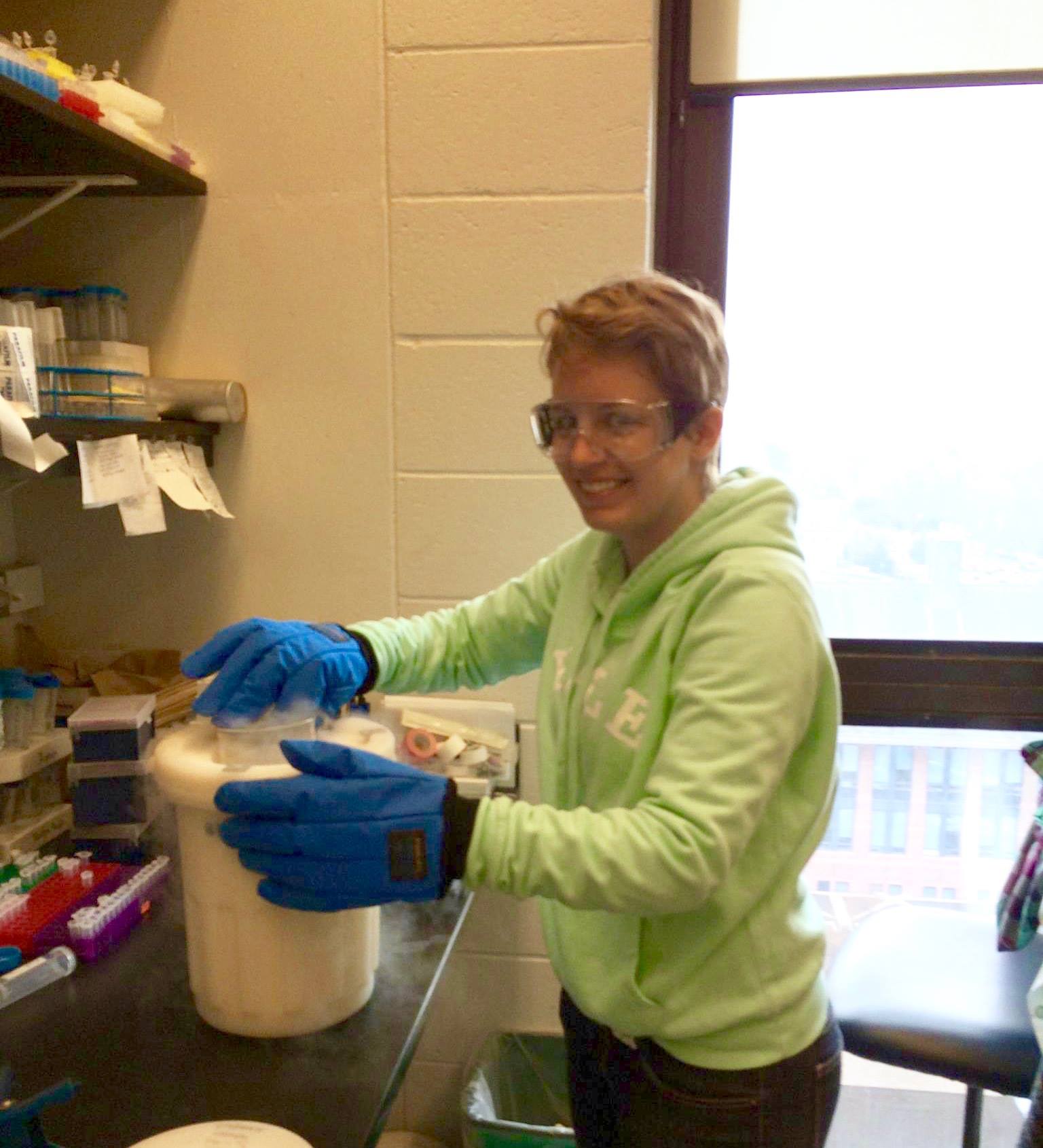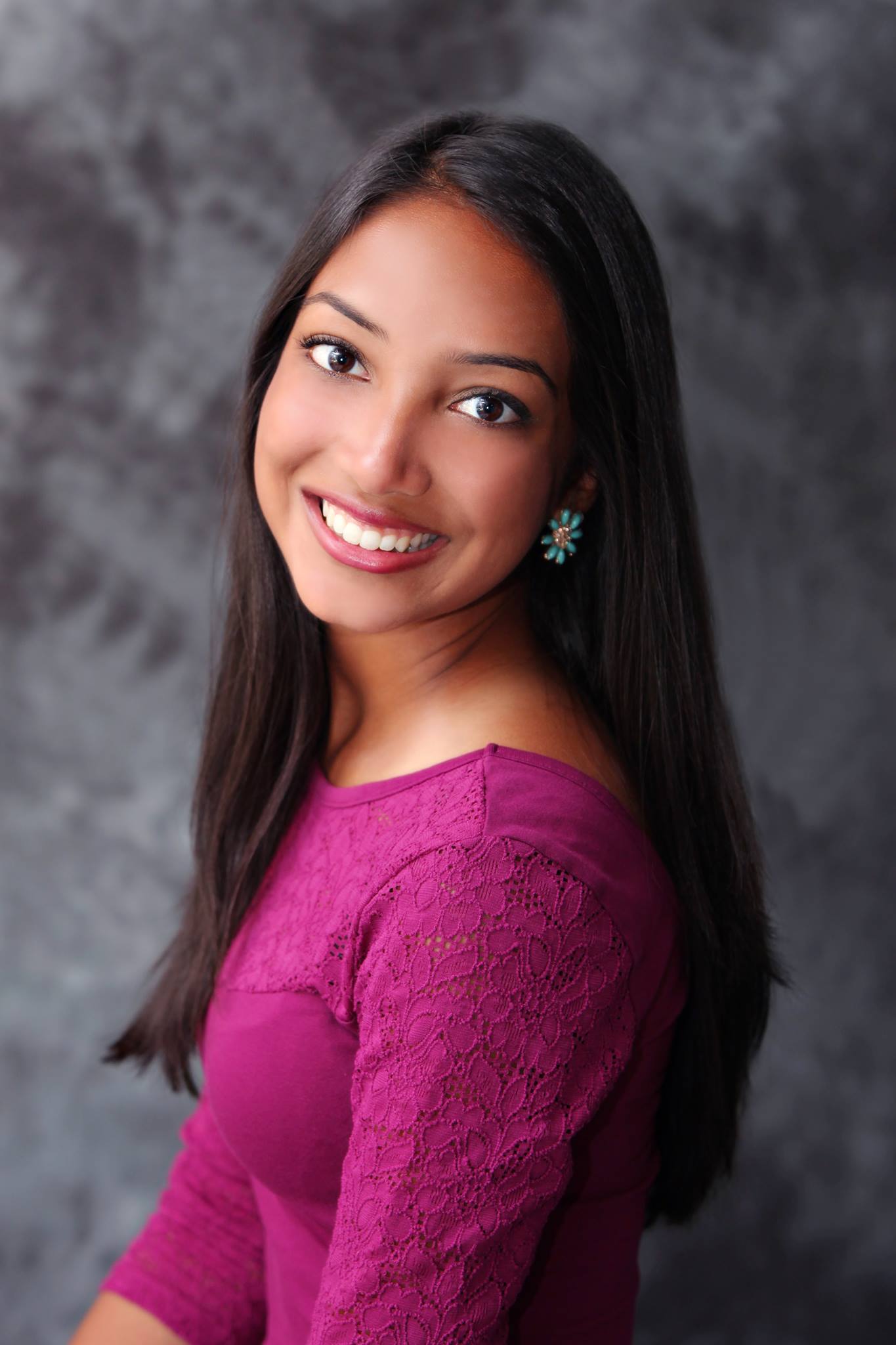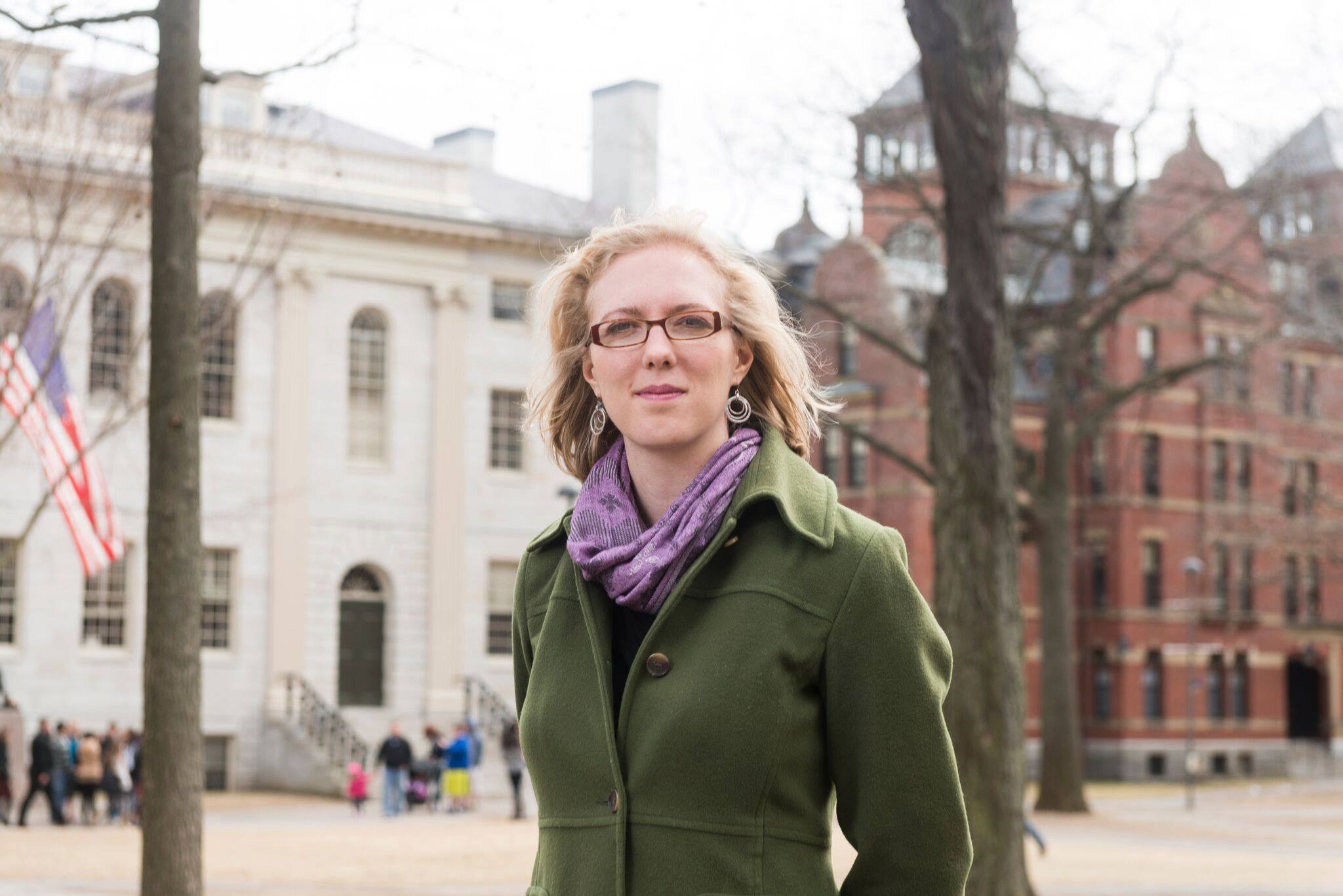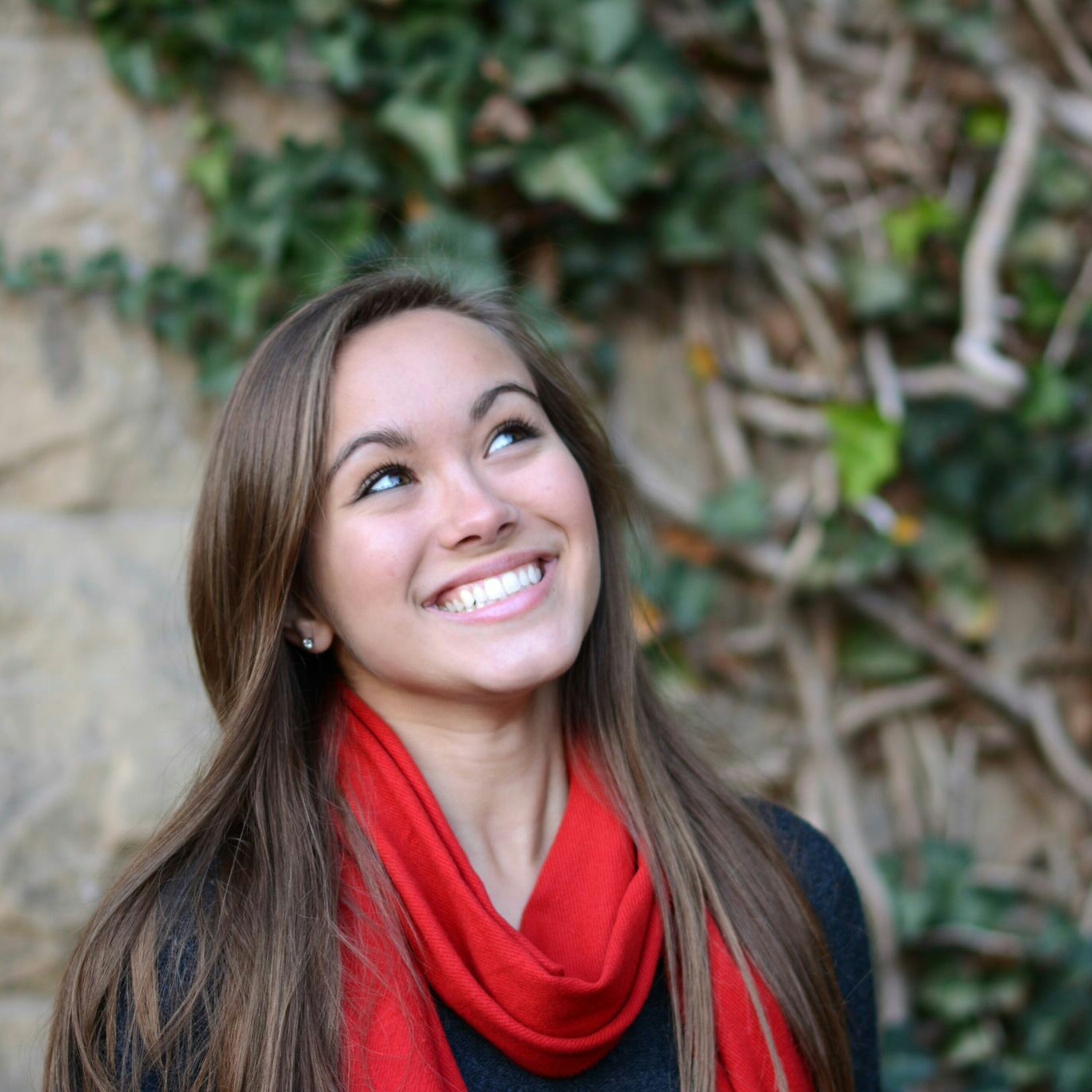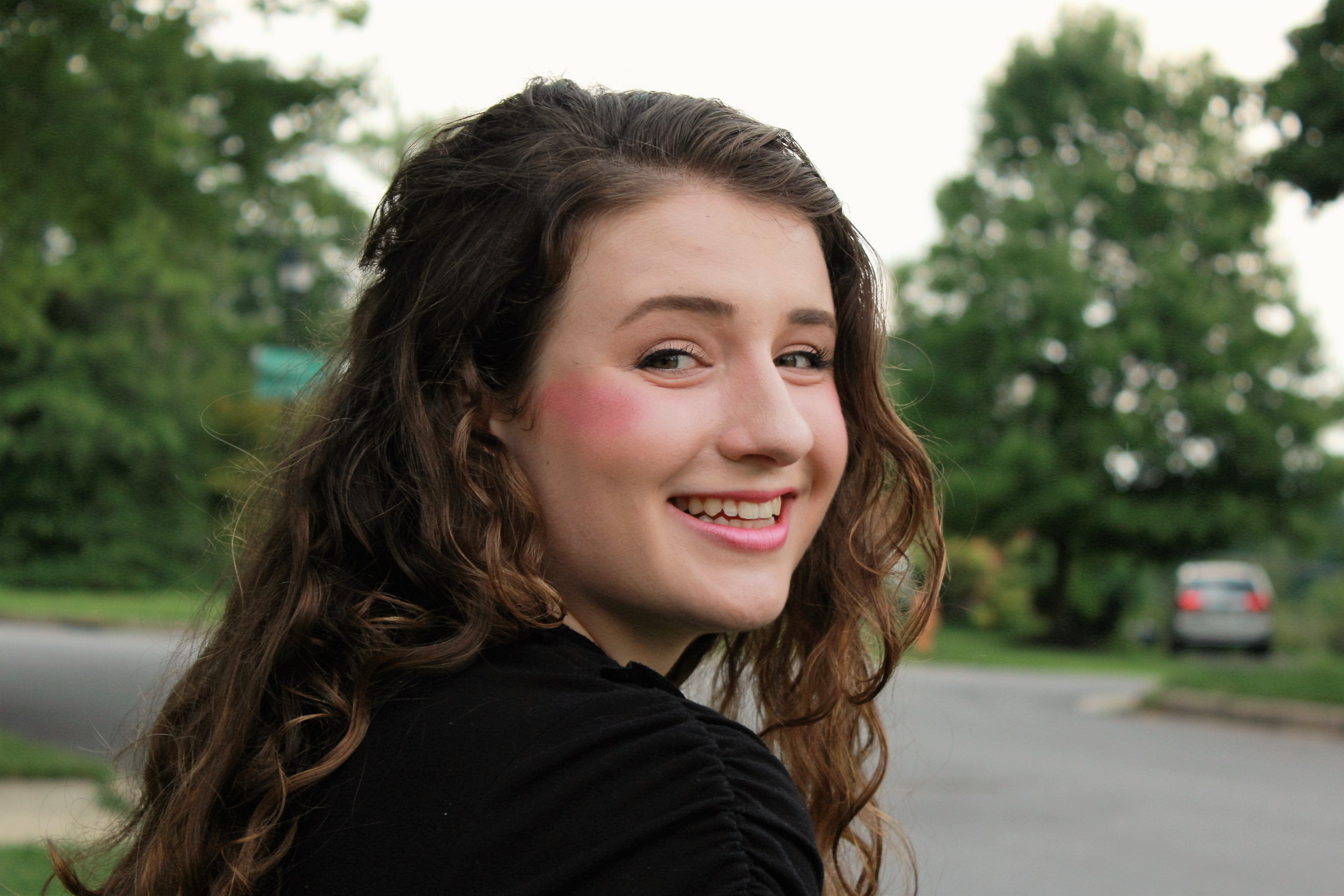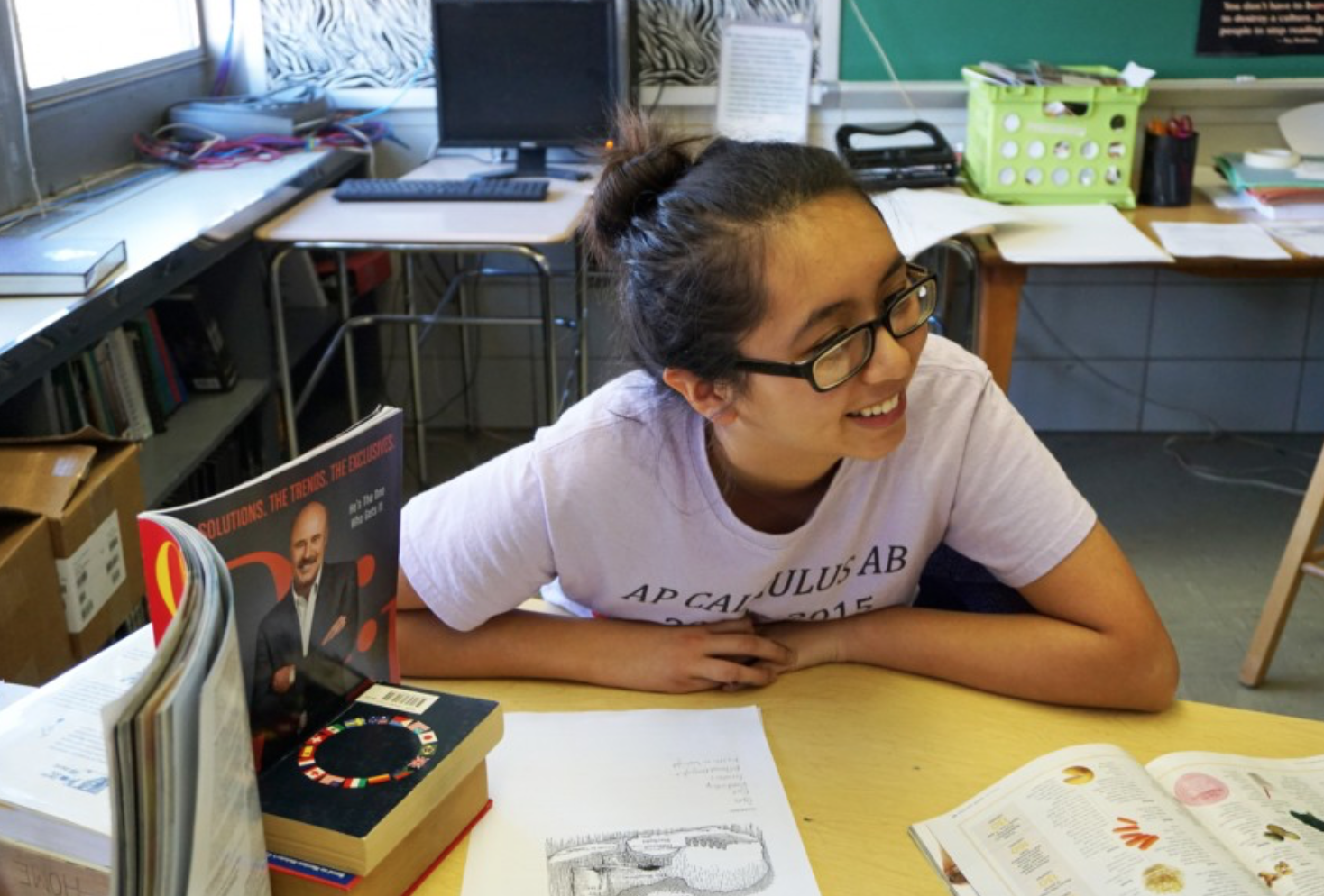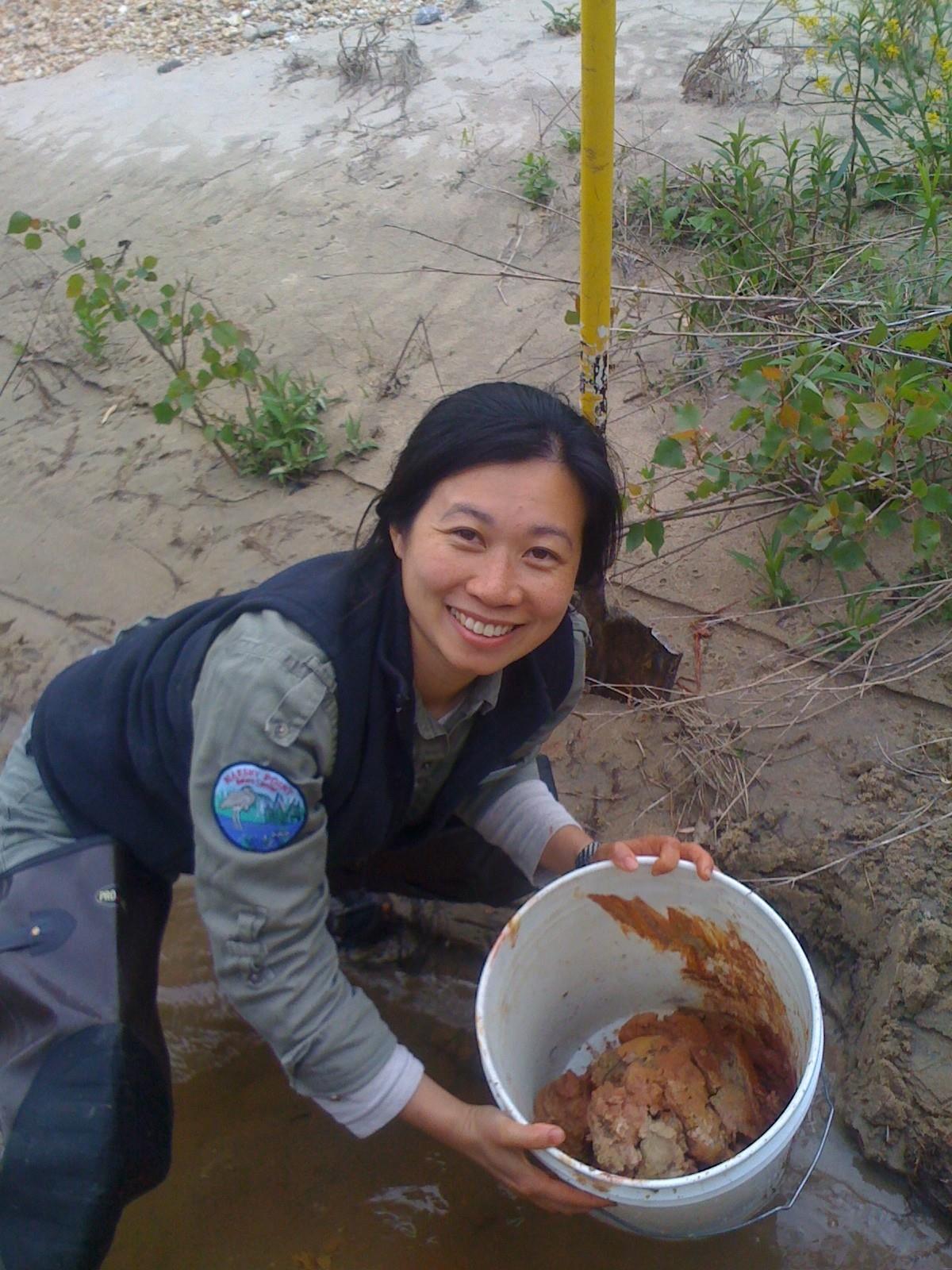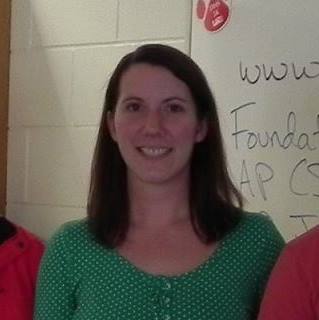The Adler Planetarium
Dr. Lucianne Walkowicz is an Astronomer at the Adler Planetarium in Chicago, where she studies stellar magnetic activity and how stars influence a planet's suitability as a host for alien life. She is also an artist and works in a variety of media, from oil paint to sound. Dr. Walkowicz holds a B.S. in Physics from Johns Hopkins University, and a M.S. and Ph.D. from the University of Washington. She was the Kepler Fellow at UC Berkeley, and the Henry Norris Russell Fellow at Princeton University, before joining the Astronomy Department at Adler Planetarium in 2014. She is a 2012 TED Senior Fellow, a 2011 National Academy of Sciences Kavli Fellow, and has been internationally recognized for her advocacy for conservation of dark night skies.
Tell us about your job. What are some of your responsibilities?
What is the environment like in your workplace?
I’m an Astronomer at the Adler Planetarium in Chicago, where I divide my time between research and science education. It’s relatively unusual for astronomers to work at planetaria— we are usually professors at universities, or sometimes researchers at NASA.
In my job, I am the equivalent of a university professor, but instead of teaching college students astronomy in a classroom, I help people from a wide variety of backgrounds understand astronomy through our planetarium programs.
Sometimes, that means I speak directly with our visitors about astronomy, as part of our daily “Astronomy Conversations” program. Other times, it means I work behind the scenes to make sure our events have cool, exciting science content.
For example, I help bring astronomers to the Adler to speak at our monthly 21-and-up “Adler After Dark” event, which is like a night time party at the planetarium.
We feature a new astronomer talking about their research every month, so that people can not only learn some science, but see that astronomers are just regular people who are really excited about space! I love working at the Adler because my workplace is much more diverse than it was in academia— there are not just scientists, but people from all kinds of backgrounds like education specialists, people who build exhibits, etc., so to get things done you have to really value all the unique skills different people bring to a team.
What have been your biggest challenges so far? How do you maintain positivity and motivation despite obstacles or barriers?
I have had a lot of challenges over the years! When I was in high school, my home life was very unstable, which forced us to move a lot, and forced me to switch schools a lot. I got into college, got financial aid and was excited to go, but when I got there I also discovered that I was pretty far behind my other classmates in math and science, and I had to work really hard to catch up. At the end of my first year of college, I found out I had a pituitary tumor (which is a tumor on a teeny gland in the very middle of your brain) and had to have surgery, which was really scary (but turned out fine!). Things really didn’t settle down or go smoothly for a lot of those years where I was getting my education— both in college and in grad school, had a lot of financial uncertainty, and struggled with personal disabilities like depression and anxiety. Ultimately I think a couple things got me through it: I had side jobs doing scientific research and really liked it, so I knew that no matter how hard classes seemed, I was headed towards doing something I enjoyed, and I also was lucky to have really good mentors. I once told one of my college physics professors that I thought I should quit my physics degree, and he told me I should keep going— and because I respected him and thought he was a smart person, I decided to stick with it. Now, I’m glad I did!
What has been the most rewarding about your career/interest?
Being an astronomer is a wonderful job— practically speaking, you have a lot of flexibility in what you work on, the hours you are in the office, and usually you get to be your own boss. You also get to work with other interesting, smart people who are excited about what they do, you get to travel the world to meet with other astronomers, and of course, you think about the universe all day! I think being aware of how small we are in the universe gives me a helpful perspective on life.
Why is it important to close the gender gap in STEM fields? Why are education and inclusion for girls pursuing STEM necessary?
In short, diverse groups come up with better solutions to challenging problems, and they do so more quickly! That was shown by an interesting research project that came out a few years ago, where the researchers gave different groups problems to solve. Groups where everyone is similar *feel* like they are doing a good job solving problems, because they tend to agree with one another, but it’s the diverse groups who actually do a better job— they have a wider range of ways of seeing a given challenge, and even though they might temporarily feel conflict over what approach to take, they succeed. Figuring out how the universe works is a big challenges with many different aspects to it— we need everyone to contribute, which means there should be equal opportunity for all interested people, regardless of gender, race, or anything other aspect of a person’s identity.
What message do you have for girls who aspire to be like you but don't believe that it's possible?
Self-doubt can make you afraid to try things, whether it’s signing up for a class, asking a question, or sending an email to someone to ask for a job. Everyone experiences self-doubt from time to time (even very accomplished people!), so you have to both recognize that it’s normal, but not let it hold you back. If you’re not sure something is possible, just try it and find out— and know that being a little scared or uncertain sometimes is just part of the process of how you learn and grow.

